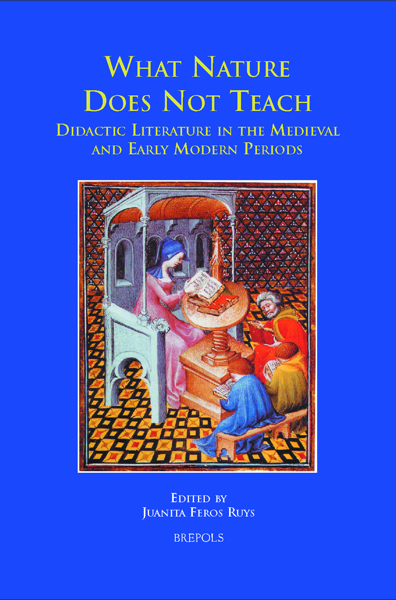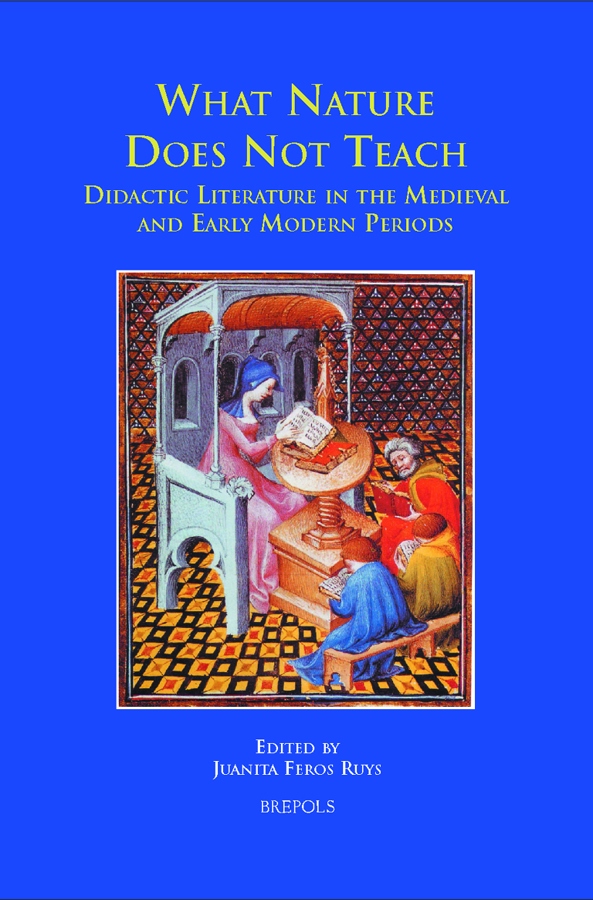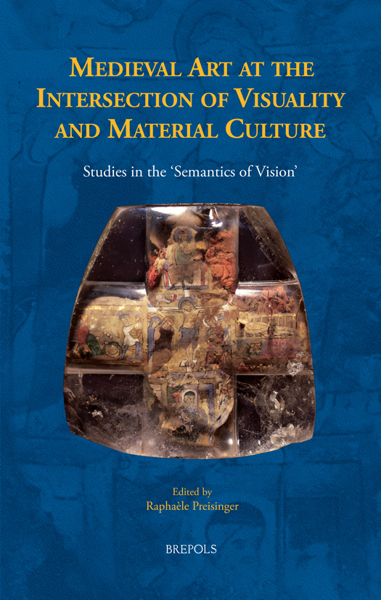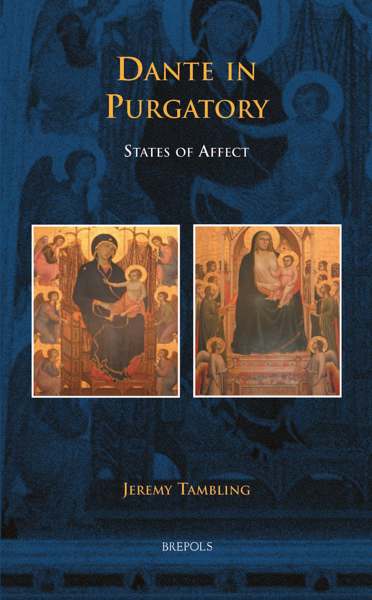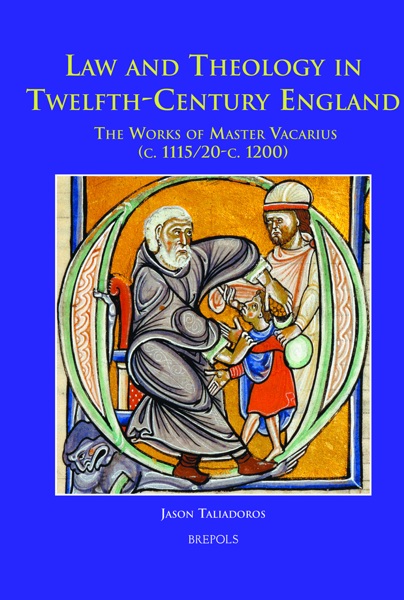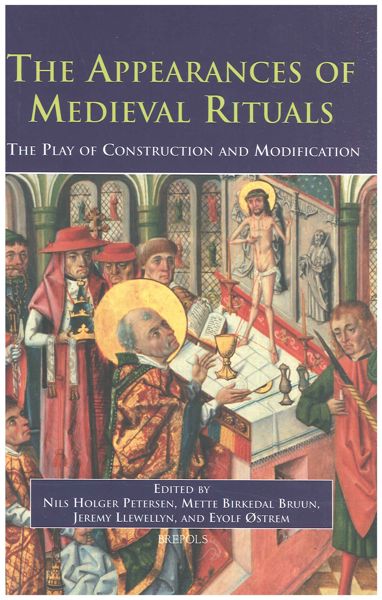
What Nature Does Not Teach
Didactic Literature in the Medieval and Early-Modern Periods
Juanita Feros Ruys (ed)
- Pages: 530 p.
- Size:160 x 240 mm
- Illustrations:3 b/w
- Language(s):English
- Publication Year:2008
- € 105,00 EXCL. VAT RETAIL PRICE
- ISBN: 978-2-503-52596-9
- Hardback
- Available
- € 105,00 EXCL. VAT RETAIL PRICE
- ISBN: 978-2-503-53746-7
- E-book
- Available
"The essays in this volume demonstrate that ‘didactic literature’ should not be thought of as dry and dull but often lively and entertaining as such texts would need to be if they were to be efficacious." (L. M. Clopper, in: Journal of the Northern Renaissance, 28 December 2009)
"The anthology comprehensively investigates the complexities involved in writing didactically. Can we ever be sure that audiences took any of this material to heart?" (Moira Fitzgibbons, in: Journal of English and Germanic Philology 110/2, April 2011, p. 252)
"While each of the articles constitutes an investigation that is well documented and enlightening on its particular point, the volume, by virtue of its organization and its well-tailored introduction, takes on truly remarkable breadth and importance." (Denis Hüe, in: Sixteenth Century Journal, Vol. XLIII/1, Spring 2012, p. 177-179
